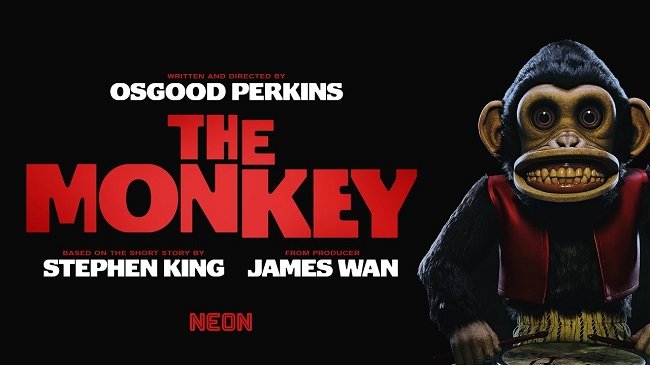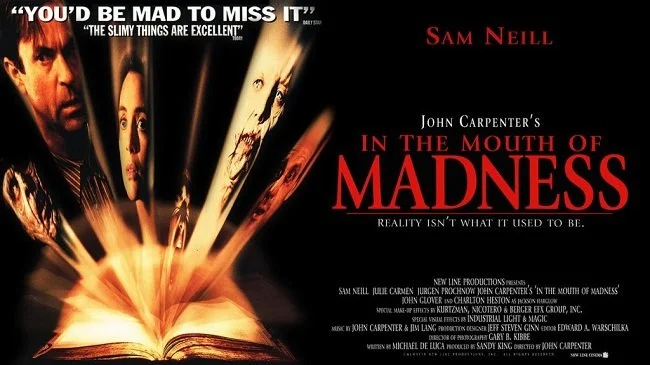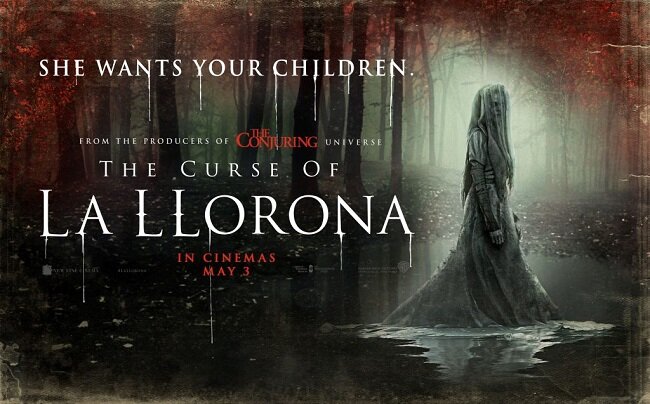The Beyond (1981)
Known in Italy as “E tu vivrai nel terrore! L'aldilà” which literally means “And you will live in terror! The afterlife”, The Beyond is the second entry in the so-called “Gates of Hell” trilogy by director Lucio Fulci. However, all three films are not connected in any way and simply share supernatural themes and graphic violence. Something Lucio Fulci became synonymous with in the latter part of his career. The Beyond is one of the director’s better films, in so far as it has good production values and is set in rural Louisiana. It has a lot of visual flair and a great soundtrack by composer Fabio Frizzi. However, the story is not a traditional linear narrative. Instead, after establishing a basic premise of a hotel built on one of the seven gates of hell and a vengeful dead warlock, The Beyond becomes mainly a series of elaborate and ghoulish set pieces, designed more for visual impact rather than logical sense.
Starring English actress Catriona McColl (Hawk The Slayer), as the beleaguered hotel owner Liza Merril and New Zealand ex-pat David Warbeck (A Fistful of Dynamite), as Dr. John McCabe, The Beyond quickly descends into mayhem. An odd job man has his eye gouged out by the zombified corpse of a dead warlock. An architect researching the hotel’s original plans, falls from a step ladder and has his face eaten by tarantulas. Dead bodies from the local morgue get up and attack the living. It’s all very grim, ghoulish and bombastic with lurid makeup effects by Gianetto De Rossi. Fulci turns everything up to eleven, the proceedings are handsomely shot and not a moment is wasted. However, despite the director taking it all very seriously, the cast are not so committed. There’s a scene towards the end when David Warbeck escapes in a lift from advancing zombies. While reloading his gun you briefly see him putting a bullet directly into the end of the gun barrel for a joke.
Following its initial release around Europe, critical opinion on The Beyond was polarised. Many found it gory and confusing. Forty years later, retrospective criticism has been a lot kinder, praising the film’s surrealistic qualities, production design, musical score and cinematography. Some have gone on to claim that Fulci made the proceedings intentionally disorienting, as part of a subtle commentary upon traditional cinematic style. I am not so sure that is the case and believe that Fulci simply was content to create a horror film that focused on style over narrative. Cinematic analysis aside, The Beyond is a striking piece of Italian horror and does manage to hold your interest, despite its lack of internal logic. Spiders tend not to eat people’s faces but it’s cool when they do. And for those expecting a happy ending, think again. The denouement is bleak but suits the tone of the film perfectly.




























